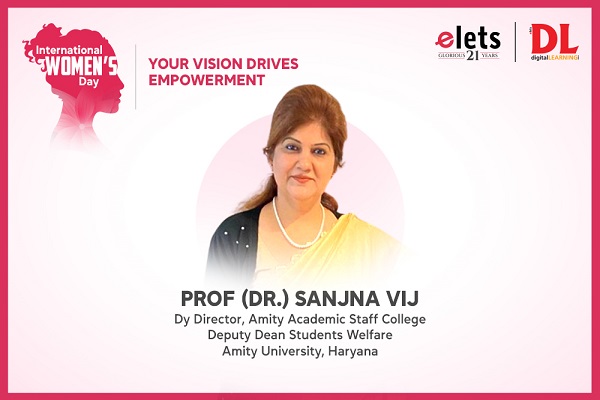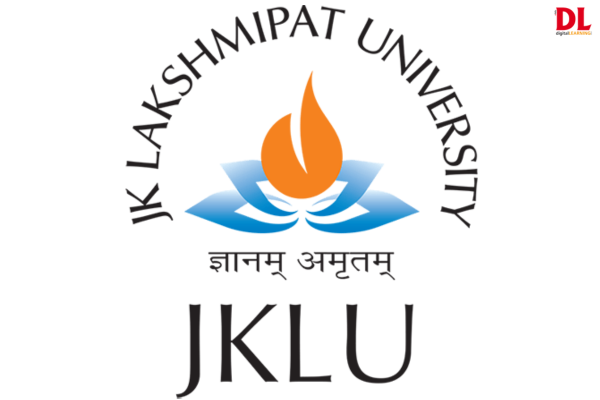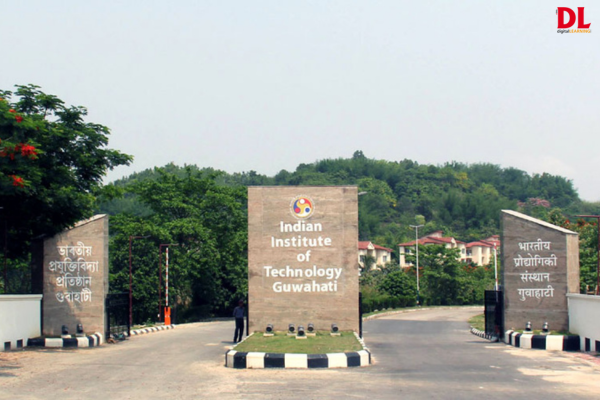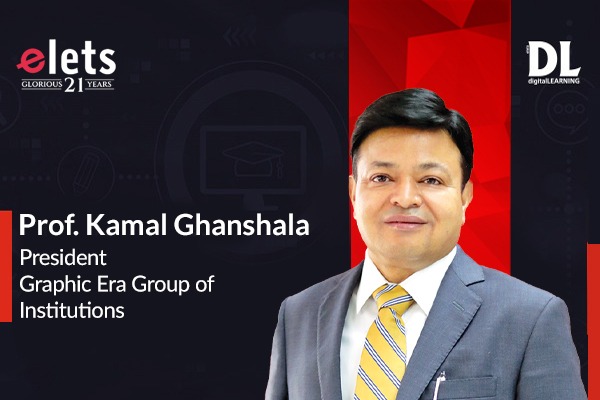Haridwar University is implementing smart technologies to enhance campus services and improve the overall student experience. This may include IoT-enabled devices, smart classrooms, and campus-wide connectivity shares CA S.K. Gupta, Chancellor, Haridwar University in an exclusive interaction with Nidhi Shail Kujur of Elets News Network (ENN). Edited excerpts:
Can you highlight specific technological initiatives that have been implemented to modernize the university’s infrastructure and educational methods?
Some of the initiatives which have been implemented for the ongoing modernization of university infrastructure and educational methods, creating a more dynamic and technologically enriched learning environment are mentioned below.
Learning Management Systems (LMS): We have adopted LMS to facilitate online learning, collaboration, and content delivery.
Virtual Classrooms and Web Conferencing: Technologies like Zoom, Microsoft Teams, and Google Meet are used for conducting virtual classes, webinars, and meetings, enabling remote and flexible learning opportunities.
E-Books and Digital Resources: Traditional textbooks are being supplemented or replaced by digital resources such as e-books, interactive simulations, and multimedia content.
Virtual labs: We are exploring the use of virtual lab technologies to create immersive learning experiences. This technology is particularly valuable in fields such as science and engineering.
Smart Campus Initiatives: The University is implementing smart technologies to enhance campus services and improve the overall student experience. This may include IoT-enabled devices, smart classrooms, and campus-wide connectivity.
Are there any unique programs or projects that showcase the university’s commitment to fostering creativity and entrepreneurship among its academic community?
Universities have implemented unique programs and projects aimed at fostering creativity and entrepreneurship within their academic communities. Here are some examples:
Innovation Hubs and Incubators: We have established innovation hubs and start-up incubators to provide students, faculty, and alumni with resources and support to turn their ideas into viable businesses. These spaces often offer mentorship, funding opportunities, and access to networks.
Entrepreneurship Competitions: We frequently organize entrepreneurship competitions that encourage students to develop and pitch their business ideas. These competitions often come with cash prizes, mentorship, and networking opportunities, motivating students to explore their entrepreneurial potential.
Cross-Disciplinary Collaborations: we are increasingly promoting cross-disciplinary collaboration, encouraging students from various fields to work together on innovative projects. This approach fosters diverse perspectives and helps students develop well-rounded skills necessary for entrepreneurship.
Innovation Courses and Specializations: We offer courses and specializations focused on innovation and entrepreneurship. These programs teach students about ideation, business planning, and market strategy, equipping them with the skills needed to start and manage a business.
Seed Funding Initiatives: We have dedicated funds to provide seed funding for promising startup ideas developed by students or faculty. These funds help bridge the gap between concept and commercialization.
Co-Working Spaces: Providing co-working spaces on campus encourages collaboration and provides a physical environment where students and faculty can work on entrepreneurial projects. These spaces often include resources like 3D printers, prototyping labs, and meeting rooms.
Can you share examples of successful skill development initiatives or partnerships that have been implemented to bridge the gap between academic learning and industry expectations?
We recognize the importance of bridging the gap between academic learning and industry expectations and have implemented successful skill development initiatives or formed partnerships to address this need. To name a few some of the ongoing programs:
Internship Programs: The University’s Internship program requires students to complete twomonth experiences with industry partners, providing hands-on work experience and exposure to realworld challenges.
Industry-Academia Collaboration: We have several collaborations with top industries of India to establish Haridwar University Partnerships, where schools of university work with the industry on cyber security research, AI, Pharmaceuticals, Robotics education, and workforce development.
Professional Certification Programs: The University partners with industry leaders to offer professional development programs and certifications in areas like Artificial Intelligence, Machine learning, cyber security, data science, 3D printing, and business analysis, ensuring alignment with industry needs.
Corporate Training Academies on Campus: The University has collaborated with companies to establish on-campus training academies. For instance, the NASSCOM Foundation and EDUSKILL have partnered with universities to set up Skills Academies, providing training in emerging technologies like artificial intelligence and cyber security.
Soft Skills Training Programs: The University offers the Professional Development Program, which focuses on developing students’ soft skills such as communication, teamwork, and leadership, in collaboration with industry professionals.
How does the university balance traditional academic approaches with newer, more dynamic methods to meet the diverse needs of students?
Balancing traditional academic approaches with newer, more dynamic methods is a crucial aspect of addressing the diverse needs of students in today’s educational landscape. The university is employing various strategies to achieve this balance and create a comprehensive learning environment. Here are some ways in which this balance is typically addressed:
Blended Learning Models: It combines traditional face-to-face instruction with online learning components. The university integrates online resources, multimedia, and interactive content into traditional classroom settings. This allows students to engage with materials at their own pace while still benefiting from in-person interactions and discussions.





























